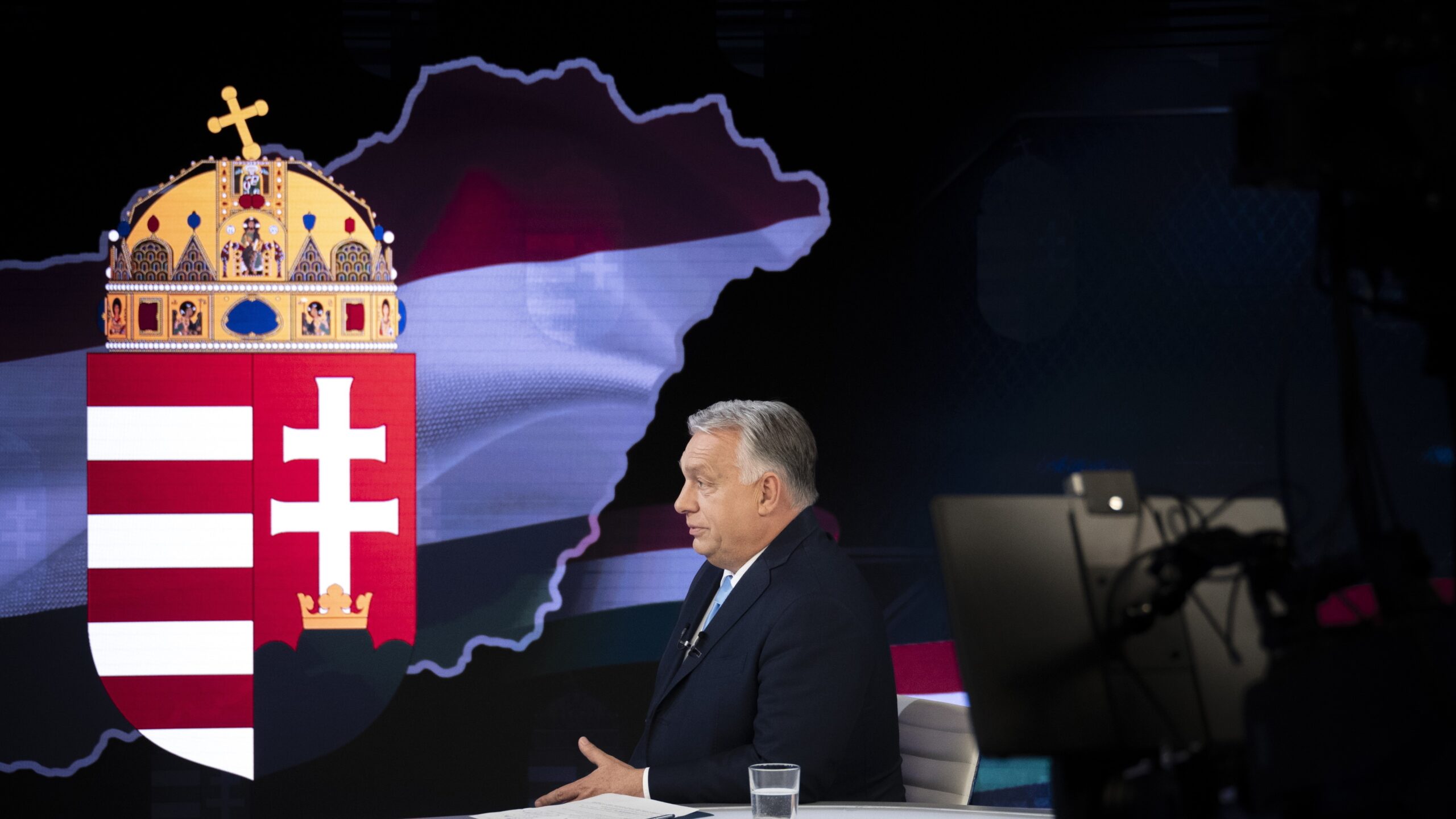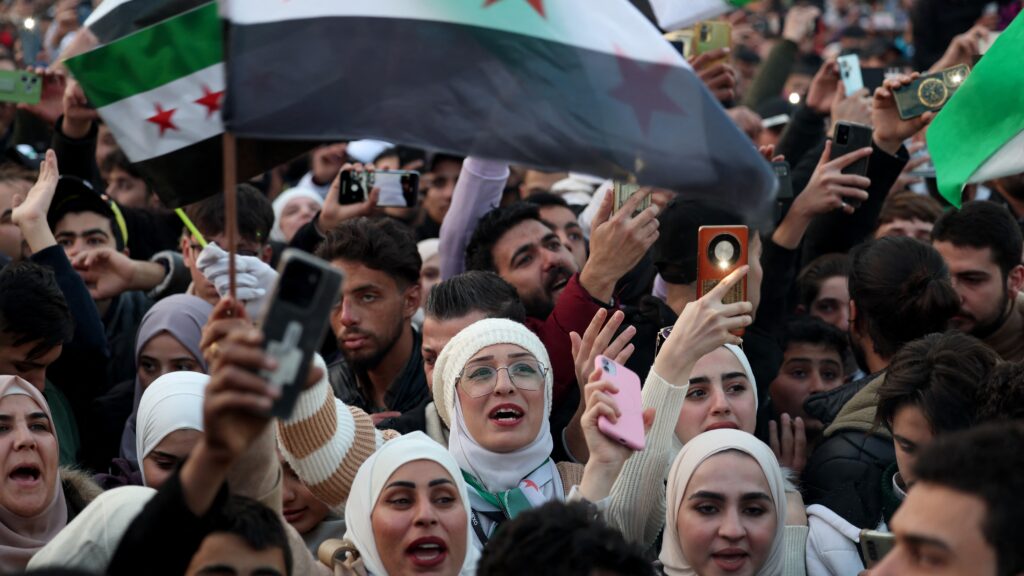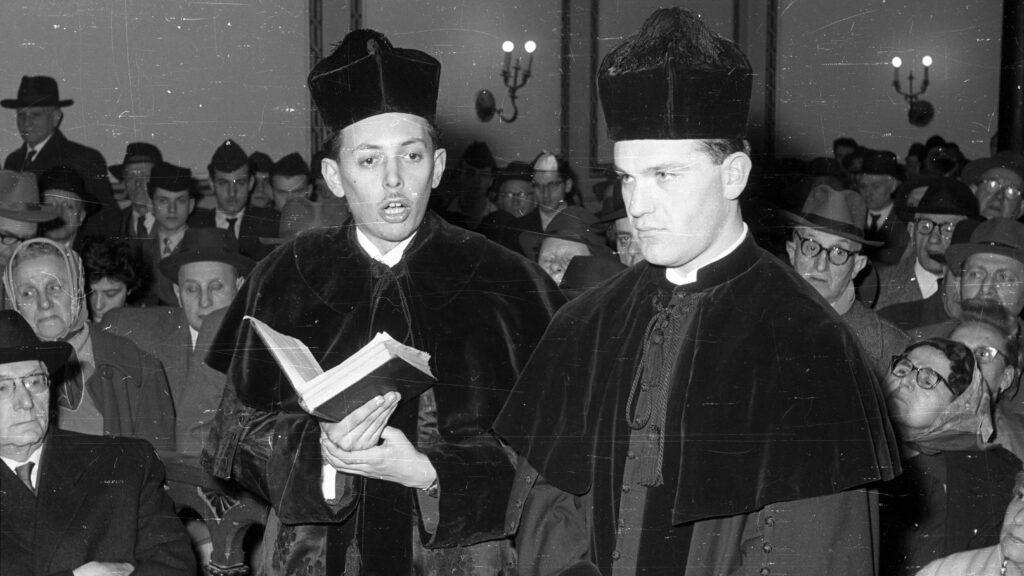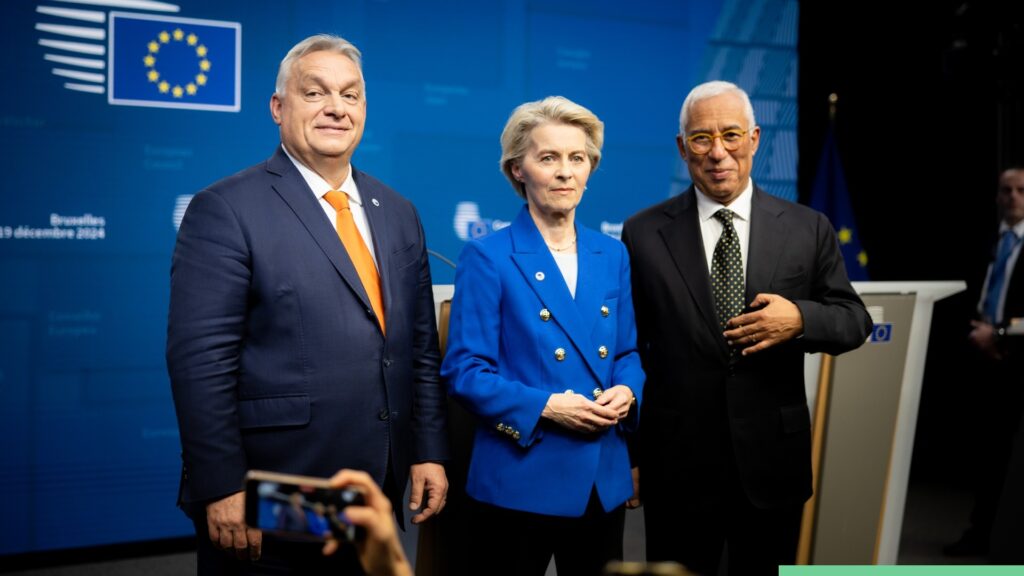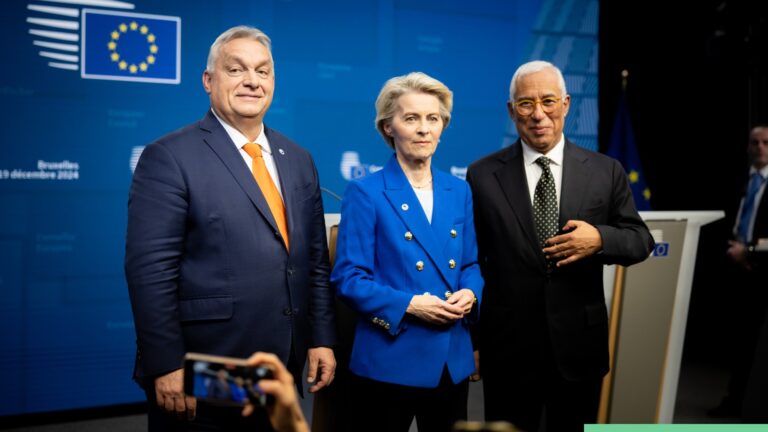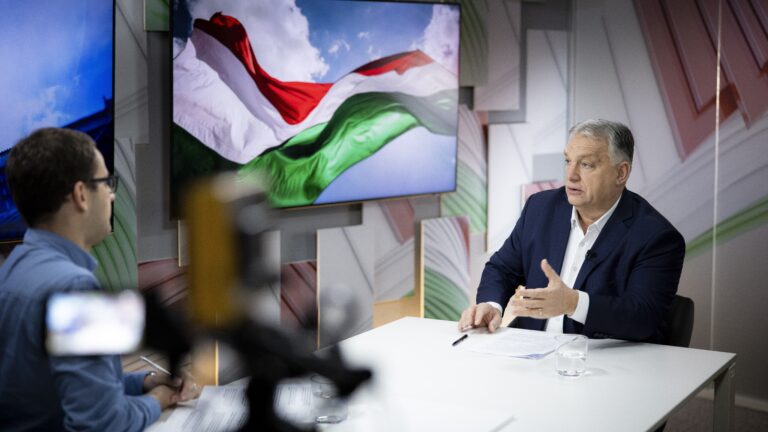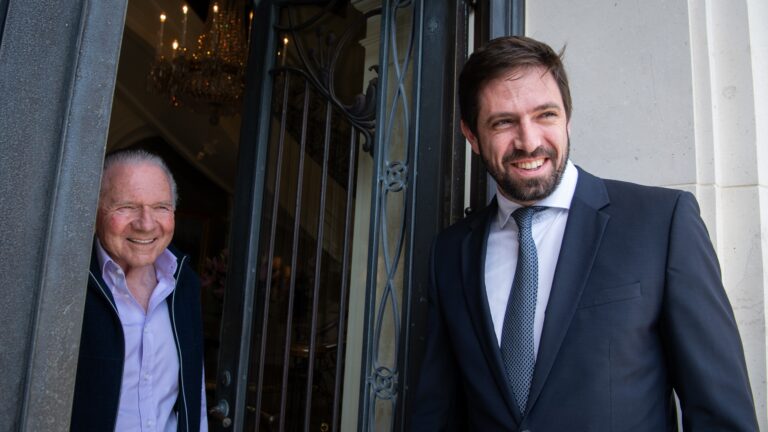In a recent interview on commercial television channel TV2’s news programme Tények, Prime Minister Viktor Orbán reflected on Hungary’s newfound high diplomatic standing following the recent European Political Community (EPC) and EUCO summits in Budapest. The two high-profile gatherings, bringing over forty international leaders to the Puskás Arena, underscored Hungary’s influential position within Europe. Orbán noted that ‘Hungarian diplomacy has not been this strong in a hundred years,’ a statement highlighting the nation’s enhanced stature on the world stage.
Prime Minister Orbán attributed the success of the EPC summit to global changes, particularly former President Donald Trump’s US presidential victory, which he said signals a significant shift in international attitudes. ‘The timing was ideal… often such meetings risk fading into indifference, but this time, everyone sensed the world was about to change,’ Orbán remarked. He observed that Trump’s win reflects a growing dissatisfaction with issues like ‘war, migration, and gender debates,’ sparking a renewed focus among European leaders on policy reformation.
One of the EPC Summit’s major achievements was the adoption of the Budapest Declaration, aimed at boosting European competitiveness. Orbán outlined its particular benefits for Hungarian families, with a goal to lower energy costs across Europe in the next six months. Noting that Hungary already enjoys some of the continent’s lowest energy prices, Orbán stated that the declaration would further secure these advantages. It also proposes an ‘anti-bureaucratic revolution’ to streamline regulatory processes that currently inhibit competition, emphasizing the need for swift reforms to reduce restrictive regulations.
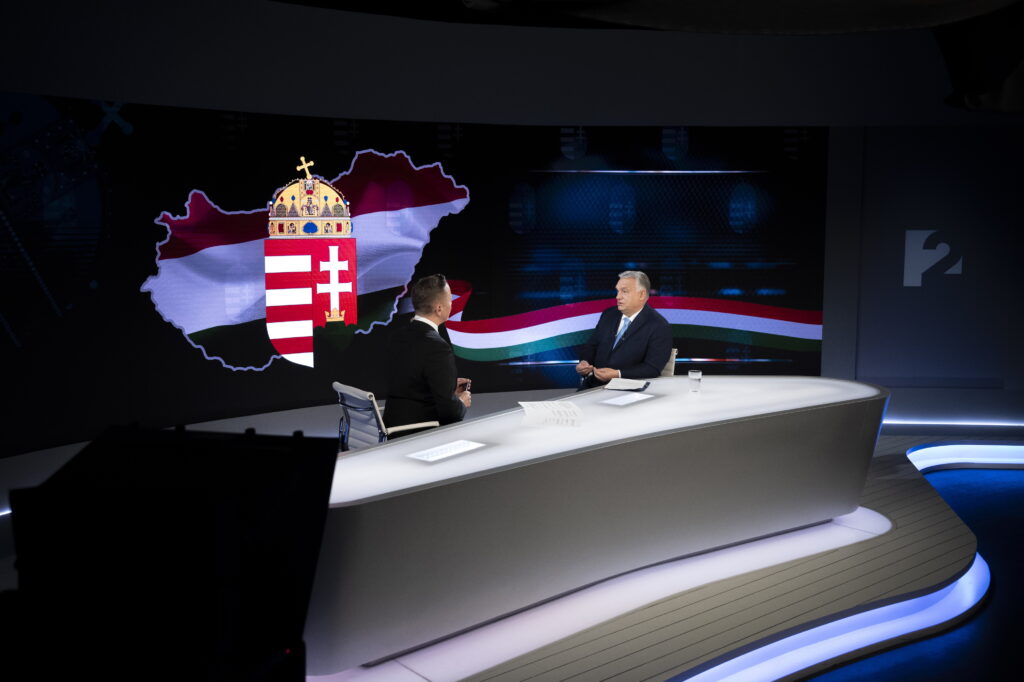
Turning to Hungary’s relationship with the United States, Orbán expressed optimism about potential US–Hungarian cooperation under Trump’s leadership, while noting that the Hungarian government remains responsible for protecting its own national interests. He noted that ‘Trump is not a saviour but a fellow warrior,’ indicating a shared vision but underscoring the independence of Hungary’s position. He added that with the United States as an ally, Hungary is now better positioned to advocate for its peace and prosperity goals.
On the domestic front, Orbán introduced his government’s ‘peace budget’, designed to prioritize economic growth. This budget includes ambitious initiatives such as a new workers’ loan programme, enhanced housing support, and increased assistance for small businesses. Additionally, it will preserve existing benefits, such as the 13th-month pension and double family support schemes. This budget, Orbán explained, is intended to create stability and growth for ordinary Hungarians, fuelling a more resilient economy without elevating military spending.
Discussing Hungary’s role within the European Union, Orbán stressed the importance of unity to enhance European competitiveness, citing the Draghi Report as a guide for economic improvements. While acknowledging that Hungary’s approach often differs from the EU mainstream, he suggested it could now serve as an inspiration for vital reforms. As Hungary’s EU presidency approaches its conclusion, he predicted a dynamic period dedicated to strengthening European economies.
Concluding with a personal anecdote, Orbán recounted his first conversation with Trump after his election victory. He recalled that Trump, in an unexpected call, expressed eagerness to strengthen US–Hungarian cooperation, a moment that underscored the candid rapport between the two leaders and hinted at promising diplomatic opportunities ahead.
Related articles:

